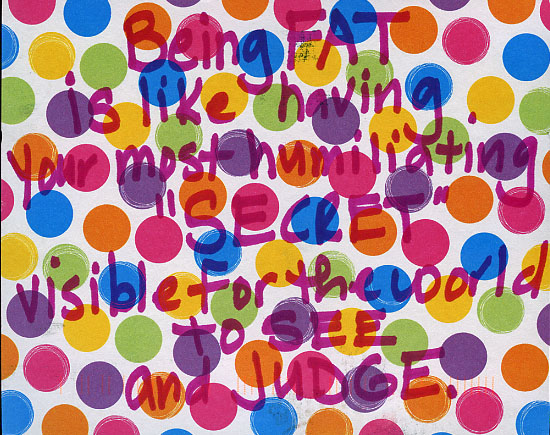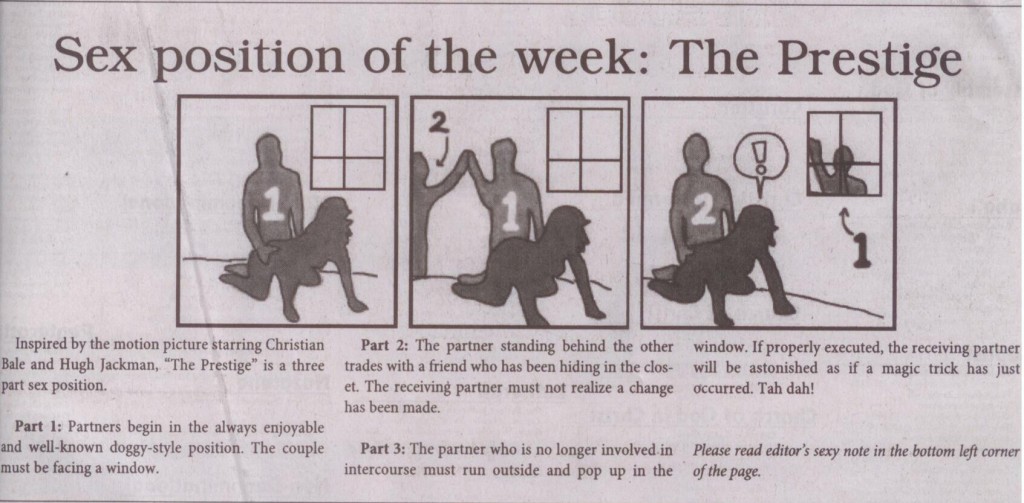Yesterday Donald Trump appeared to suggest that defenders of the 2nd Amendment should assassinate Hillary Clinton if she is elected. Or maybe any judges she appoints to the Supreme Court. It wasn’t very clear.
Supporters rushed to his defense, suggesting he was joking. Here’s what a humor scholar, Jason P. Steed, had to say about that via Twitter:
1. I wrote my PhD dissertation on the social function of humor (in literature & film) and here’s the thing about “just joking.”
— Jason P. Steed (@5thCircAppeals) August 9, 2016
2. You’re never “just joking.” Nobody is ever “just joking.” Humor is a social act that performs a social function (always).
— Jason P. Steed (@5thCircAppeals) August 9, 2016
3. To say humor is social act is to say it is always in social context; we don’t joke alone. Humor is a way we relate/interact with others.
— Jason P. Steed (@5thCircAppeals) August 9, 2016
4. Which is to say, humor is a way we construct identity – who we are in relation to others. We use humor to form groups…
— Jason P. Steed (@5thCircAppeals) August 9, 2016
5. …and to find our individual place in or out of those groups. In short, joking/humor is one tool by which we assimilate or alienate.
— Jason P. Steed (@5thCircAppeals) August 9, 2016
6. IOW, we use humor to bring people into – or keep them out of – our social groups. This is what humor *does.* What it’s for.
— Jason P. Steed (@5thCircAppeals) August 9, 2016
7. Consequently, how we use humor is tied up with ethics – who do we embrace, who do we shun, and how/why?
— Jason P. Steed (@5thCircAppeals) August 9, 2016
8. And the assimilating/alienating function of humor works not only only people but also on *ideas.* This is important.
— Jason P. Steed (@5thCircAppeals) August 9, 2016
9. This is why, e.g., racist “jokes” are bad. Not just because they serve to alienate certain people, but also because…
— Jason P. Steed (@5thCircAppeals) August 9, 2016
10. …they serve to assimilate the idea of racism (the idea of alienating people based on their race). And so we come to Trump.
— Jason P. Steed (@5thCircAppeals) August 9, 2016
11. A racist joke sends a message to the in-group that racism is acceptable. (If you don’t find it acceptable, you’re in the out-group.)
— Jason P. Steed (@5thCircAppeals) August 9, 2016
12. The racist joke teller might say “just joking” – but this is a *defense* to the out-group. He doesn’t have to say this to the in-group.
— Jason P. Steed (@5thCircAppeals) August 9, 2016
13. This is why we’re never “just joking.” To the in-group, no defense of the joke is needed; the idea conveyed is accepted/acceptable.
— Jason P. Steed (@5thCircAppeals) August 9, 2016
14. So, when Trump jokes about assassination or armed revolt, he’s asking the in-group to assimilate/accept that idea. That’s what jokes do.
— Jason P. Steed (@5thCircAppeals) August 9, 2016
15. And when he says “just joking,” that’s a defense offered to the out-group who was never meant to assimilate the idea in the first place.
— Jason P. Steed (@5thCircAppeals) August 9, 2016
16. Indeed, circling back to the start, the joke *itself* is a way to define in-group and out-group, through assimilation & alienation.
— Jason P. Steed (@5thCircAppeals) August 9, 2016
17. If you’re willing to accept “just joking” as defense, you’re willing to enter in-group where idea conveyed by the joke is acceptable.
— Jason P. Steed (@5thCircAppeals) August 9, 2016
18. IOW, if “just joking” excuses racist jokes, then in-group has accepted idea of racism as part of being in-group.
— Jason P. Steed (@5thCircAppeals) August 9, 2016
19. Same goes for “jokes” about armed revolt or assassinating Hillary Clinton. They cannot be accepted as “just joking.”
— Jason P. Steed (@5thCircAppeals) August 9, 2016
20. Now, a big caveat: humor (like all language) is complicated and always a matter of interpretation. For example, we might have…
— Jason P. Steed (@5thCircAppeals) August 9, 2016
21. …racist humor that is, in fact, designed to alienate (rather than assimilate) the idea of racism. (Think satire or parody.)
— Jason P. Steed (@5thCircAppeals) August 9, 2016
22. But I think it’s pretty clear Trump was not engaging in some complex satirical form of humor. He was “just joking.” In the worst sense.
— Jason P. Steed (@5thCircAppeals) August 9, 2016
23. Bottom line: don’t accept “just joking” as excuse for what Trump said today. The in-group for that joke should be tiny. Like his hands.
— Jason P. Steed (@5thCircAppeals) August 9, 2016
You can follow Jason P. Steed on Twitter here.
















